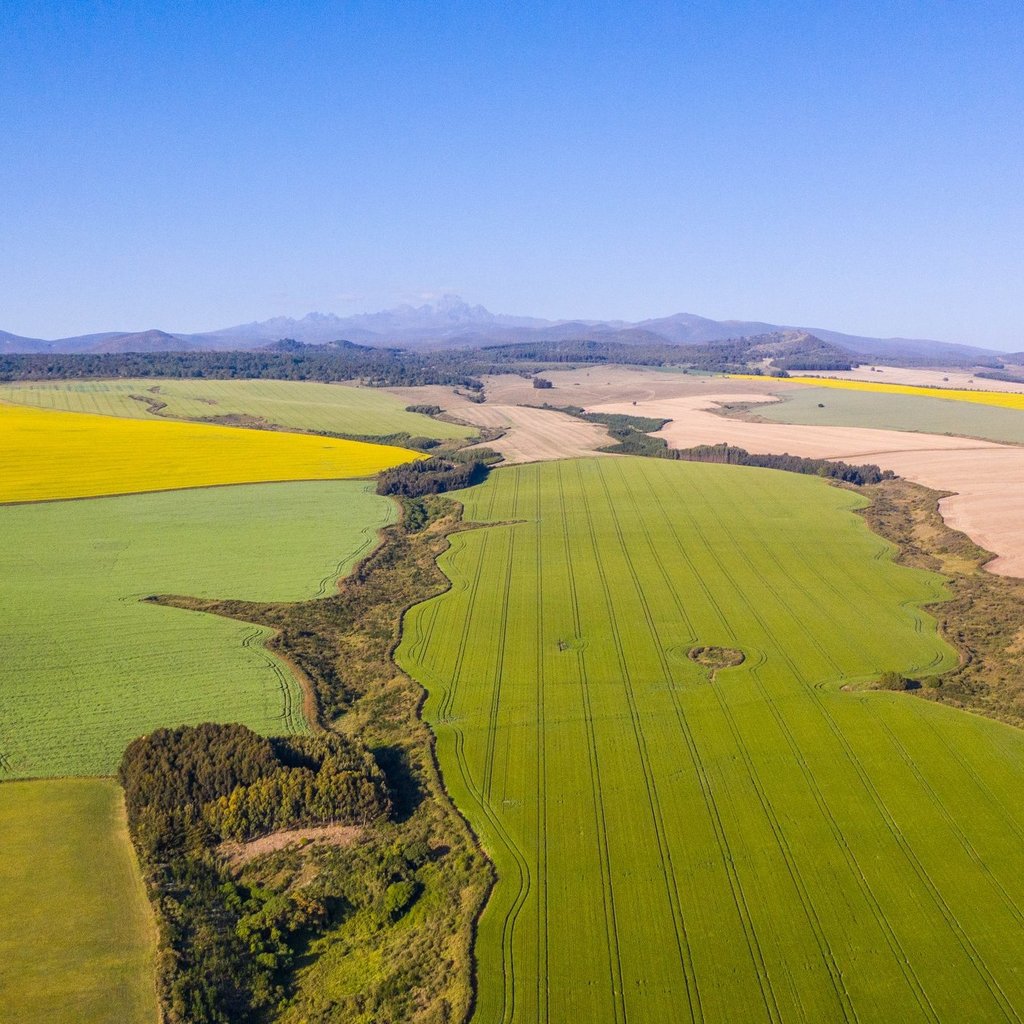Market-led Crop Diversification
What do we see on the project photo?
The mountain in the background is Mount Kenya, the only spot on the equator that has perennial snow. In the front you see Canola – or Oilseed Rape for Europeans. This crop is normally not associated with Africa but more with temperate farming systems like Canada or Europe, where it is a winter crop.
How would you explain to a child what the project is doing?
Most farmers in this region were only growing wheat and barley. However, the fact that they are both similar cereal crops made them accumulate the same pests and diseases and depleted soils from the same nutrients. As a result, crop yields declined, and events of total crop failure increased.
What is the project’s main objective?
We want to reverse declining yields by introducing appropriate rotation crops that break pest and disease cycles and build soil fertility. For this we want to go beyond looking at whether a candidate rotation grows, but also assess its fit with existing farmer practice and reliable offtake markets.
Why is the project important?
Diversified farming systems are more resilient and productive. However, many smallholder farmers do not have the tools and knowledge to diversify their production and are stuck in monocropping systems. We want to address this challenge in a holistic way that includes inputs, knowledge, and markets.
What has been the most positive moment during the project?
That fact that we have built a sustainable value chain for Canola, our first rotation. Then, we have not experienced any total crop loss in fields under a rotation regime since 2010. This in a region where failures occur every 3-4 years! It shows that 600-800 mm of rain are sufficient to grow two full crops.
What have been the biggest challenges encountered in the project?
Building value chains requires time and committed partners: Processors and growers need to commit on volumes, quality, and prices. This has been difficult for some rotations. So, the project is now considering taking the products directly to the customer by establishing own processing, branding and retail.
Which is the most important lesson learnt from the project?
Look at the system and not single interventions! The best crop or variety will not be adopted if farmers do not have the capabilities to grow it or the confidence to sell it at a good price. Then, do not be fixed on solutions. We never expected Canola to be a viable rotation but had an open mind.
About the project
Title:
Market-led Crop Diversification
Contact:
Dominik Klauser, R&D Lead, Syngenta Foundation
Duration:
2017-2025
Funding institutions:
Syngenta Foundation for Sustainable Agriculture
Implementing institution:
AgVenture Ltd. Kenya, Syngenta Foundation for Sustainable Agriculture
Links to further information:
https://www.syngentafoundation.org/market-led-crop-diversification

